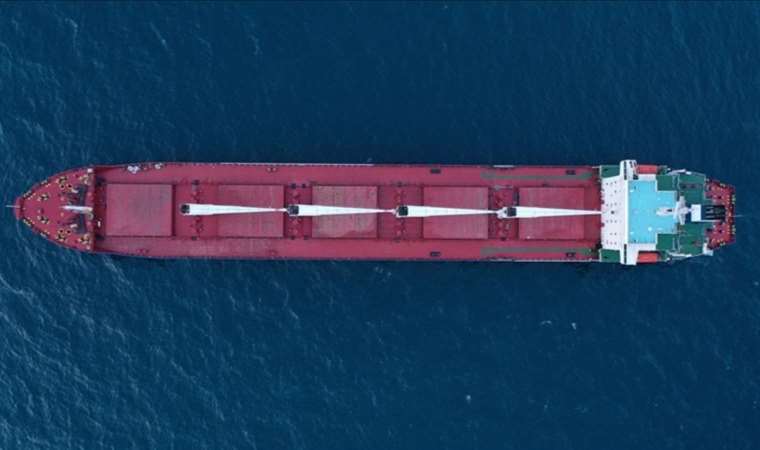U.S. commends Turkey's efforts to revive Black Sea Grain Deal
The United States expressed its appreciation on Thursday for the endeavors undertaken by Turkey and other nations to persuade Russia to rejoin the Black Sea grain deal, from which Russia had withdrawn the previous month.

A spokesperson from the State Department, in response to inquiries about Turkey's efforts to reinvigorate this significant agreement, stated, "We welcome the efforts of Turkey and other countries to convince Russia to return to the deal."
The spokesperson also noted, "We are engaging with the United Nations and with Turkey, both of whom have worked very hard to make BSGI (Black Sea Grain Initiative) both possible and functional."
When questioned about Turkish Foreign Minister Hakan Fidan's visit to Moscow, where he emphasized the importance of reviving the grain deal, the State Department spokesperson refrained from commenting on "any potential visit or Turkey's internal decision making."
The spokesperson underscored the repercussions of Russia's withdrawal from the Black Sea Grain Initiative, stating, "Russia's decision to terminate its participation in the Black Sea Grain Initiative hurts communities vulnerable to food security around the world."
In addition, the spokesperson expressed gratitude to Turkey, a NATO ally, for its diplomatic and operational contributions to the Black Sea Grain Initiative, emphasizing their constructive role.
Earlier on Thursday, Turkish Foreign Minister Hakan Fidan held discussions with his Russian counterpart Sergey Lavrov in Moscow. Following the meeting, Fidan conveyed that a new set of proposals prepared by the United Nations, with Turkey's input, could breathe new life into the agreement.
Turkey remains committed to resuscitating the deal, asserting that there are no viable alternatives. On July 17, Russia suspended its participation in the agreement, which had been brokered by Turkey and the United Nations, in order to resume grain exports from three Ukrainian Black Sea ports. These exports had been halted after the Ukraine war erupted in February 2022. Moscow has repeatedly voiced grievances regarding Western non-compliance with its commitments regarding Russian grain exports. They have cited impediments in payments, logistics, and insurance as obstacles to their shipments.
